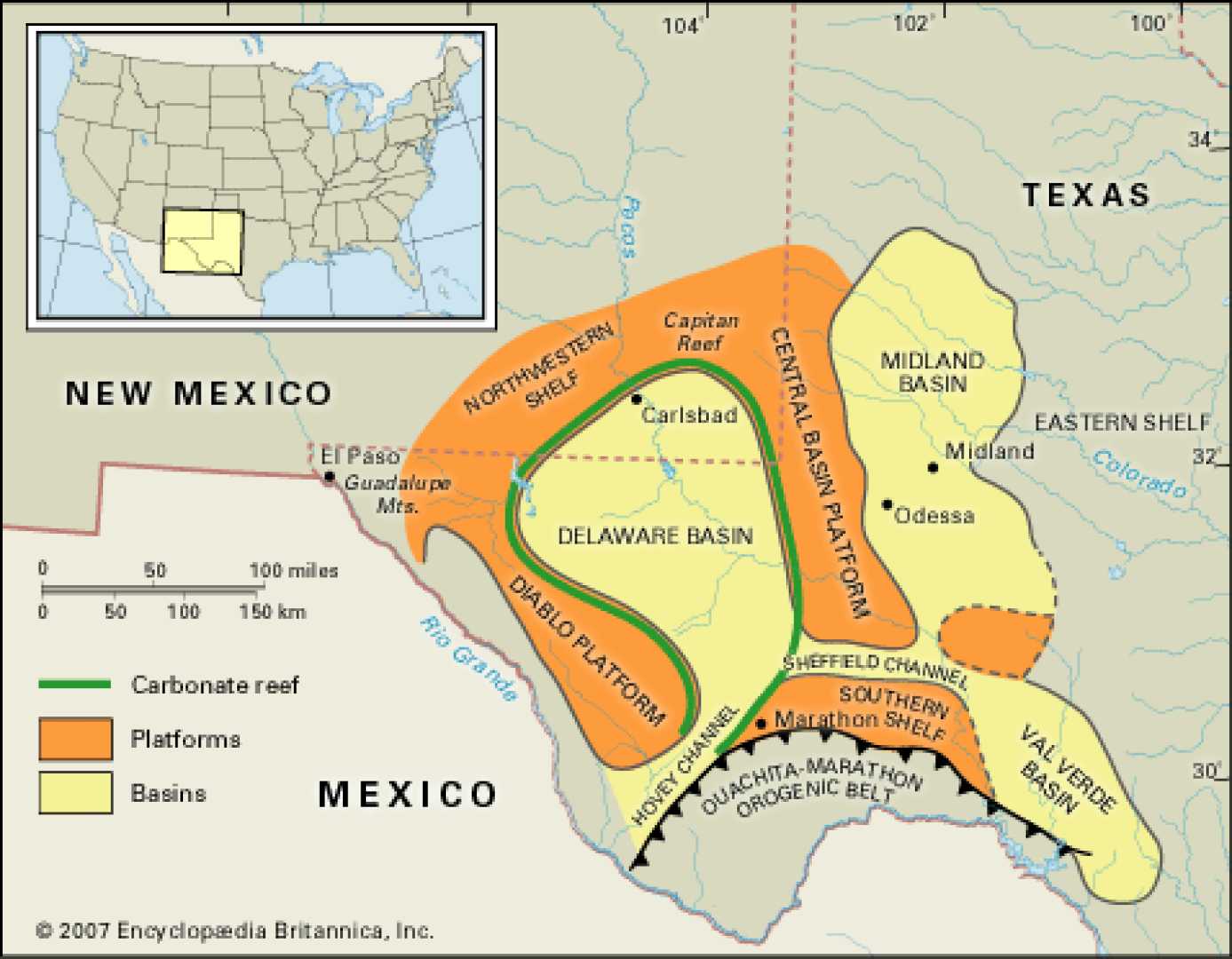Business
Texas Methane Emissions Fall Despite Record Oil Production

AUSTIN, Texas — Texas continues to see a decline in methane emissions, even as oil and natural gas production reaches near-record levels, according to a new report from Texans for Natural Gas released Thursday. The analysis highlights significant progress, particularly in the Permian Basin, which is the nation’s leading oil-producing region.
“Thanks to constant innovation and improvements in production processes… the oil and natural gas industry is making incredible progress protecting the environment and bolstering our energy security,” said Todd Staples, president of the Texas Oil & Gas Association, in the report. He emphasized that responsible resource production and environmental protection can coexist.
In 2023, the Permian Basin maintained record production levels while simultaneously achieving a reduction in methane emissions and flaring intensity. The U.S. was on track for its second-highest year in oil and gas production, with the Permian contributing about two-thirds of the nation’s natural gas.
Texans for Natural Gas is a campaign of the Texas Independent Producers and Royalty Owners Association (TIPRO), which aims to showcase the commitment of producers to minimize environmental impact. “American oil and gas producers… have always been committed to meeting increasing energy demand responsibly,” stated Ed Longanecker, president of TIPRO. “Our recent methane and flaring emissions data proves that the United States can fulfill global energy demand while keeping emissions low.”
Despite a slight uptick in methane and flaring emissions during some months of 2023, primarily due to record production levels and market factors such as depressed Waha Hub prices, experts remain optimistic about future reductions. Preliminary data for 2024 indicates a possible 14% decrease in flaring within the Permian.
Longanecker pointed out that the increase in emissions highlights the need for modern infrastructure, especially pipelines. “New and modern infrastructure is urgently needed to safely and efficiently transport energy and reduce flaring,” he noted. The industry is focused on innovation and safety to further lower emissions but stressed the importance of a clear permitting process to facilitate responsible energy development.
Invasive species continue to be a concern, especially as the Texas Parks and Wildlife Department (TPWD) recently designated Lake Nasworthy as “infested” with zebra mussels, underscoring broader environmental challenges that accompany extensive resource extraction.
The TPWD confirmed the presence of zebra mussel larvae in mid-March and warns that these non-native mollusks can severely disrupt ecosystems and infrastructure. Brian Van Zee, TPWD Inland Fisheries Regional Director, urged boaters to follow guidelines to prevent spreading the infestation.
These developments indicate the balancing act Texas faces in nurturing its booming oil and gas sector while striving for reduced emissions and ecological preservation. With robust monitoring and proactive measures, stakeholders aim to protect the state’s environment amidst industrial growth.












